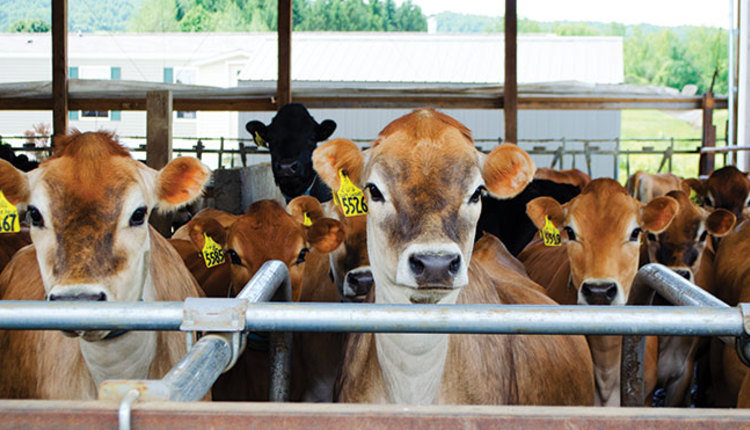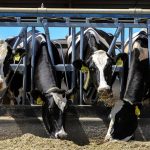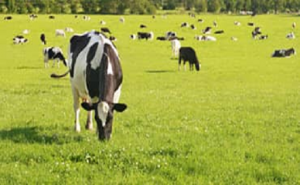
Sizing up the trade war between the United States and China on the dairy front, the “economic casualty rate” has been high and the “wounded winners” have been challenging to spot when scoping both sides of the Pacific Ocean. The longer the economic battle rages between the world’s two largest economies, more carnage will ensue, creating an even greater challenge to restore dairy sales in the trade war’s aftermath.
From America’s shores, it’s easy to spot the casualties — lost dairy product exports. With China slapping retaliatory tariffs ranging from 33 to 45 percent on most U.S. dairy products and ingredients, sales are drying up like vegetation during an extended drought. Since the economic siege began last July, America’s cheese sales to China have dropped 45 percent, whey slid 49 percent, and skim milk powder free fell a whopping 70 percent.
What about the wounded?
We all know it takes people to build relationships and to develop sales. If America’s “friendly sale troops” in China walk away from long-established partnerships due to lost income, who will replace the talent following the trade war’s economic siege? That’s an important consideration as this battle rolls into its second year between the world’s largest producer of pasteurized dairy milk and the world’s largest dairy product importer.
Regrettably, China’s dairy farmers aren’t faring much better.
While it’s true that China did not place tariffs on U.S semen because the Asian nation places an extremely high value on genetics, it did slap a 25 percent tariff on alfalfa hay imports from the U.S. Given the current hay shortage in the U.S., not many American dairy farmers will shed a tear about slowed hay sales to Asia. However, the land-strapped Chinese dairy farmers definitely rely on imported hay to feed their dairy herds.
To cope, Chinese dairy farmers are pulling alfalfa out of rations as hay imports from America have fallen 40 percent. In the short-term, this reduces milk flow from Chinese cows. The long-term risk is that lower-cost ration replacement options may become the new norm and U.S. hay exports may never rebound.
These developments are troubling. Based on our experiences in Japan and Mexico, we know that lost momentum on domestic milk production stalls domestic dairy product sales. As it relates to the trade war, that reverberation could cause more postwar casualties as measured by lost dairy product sales for both China and the U.S. dairy interests.

























